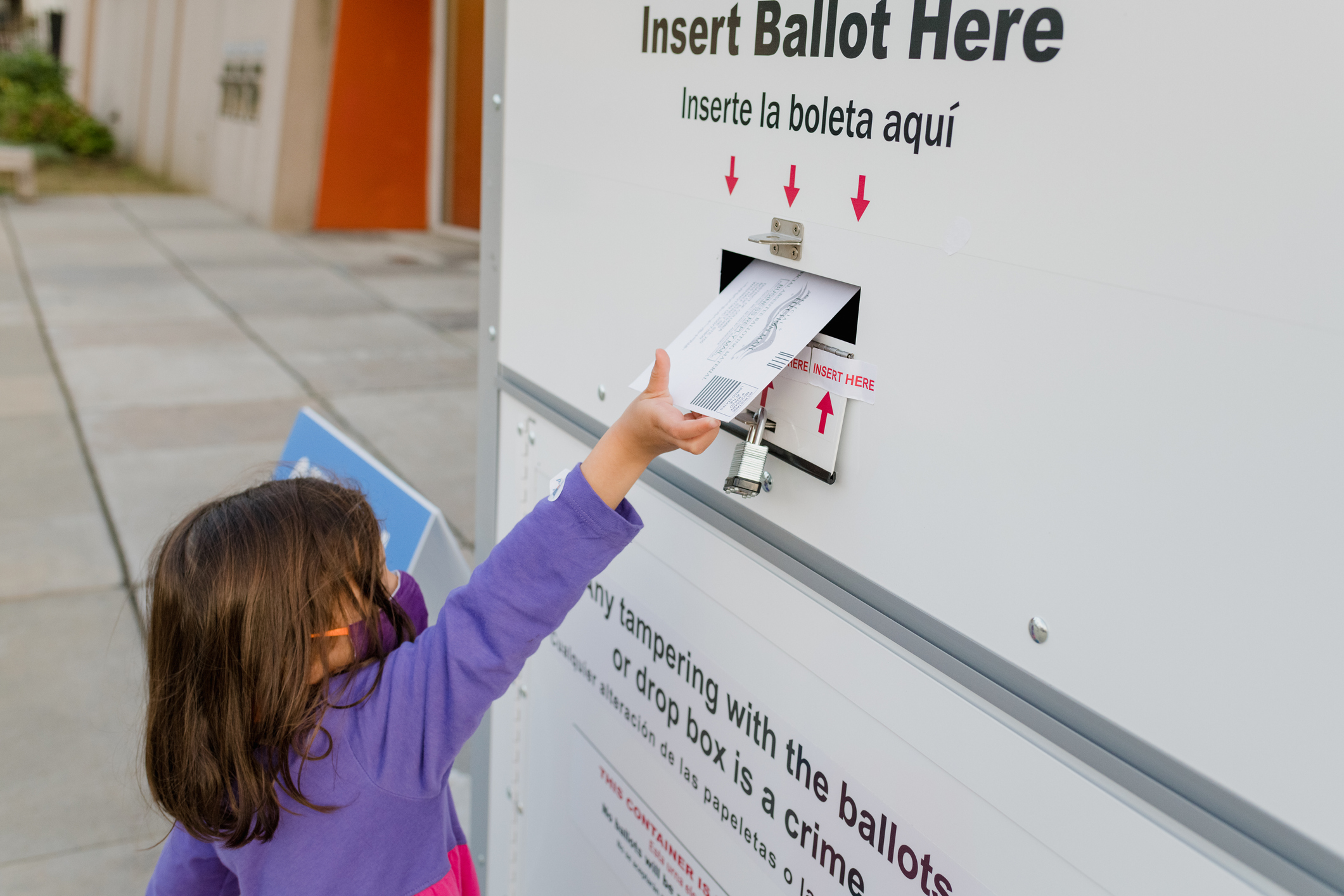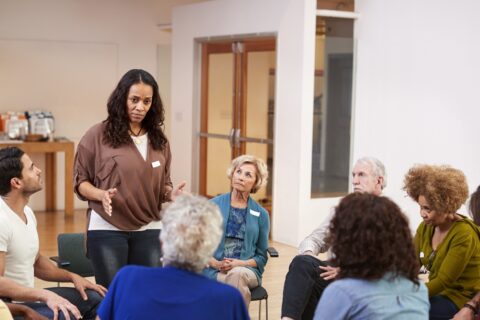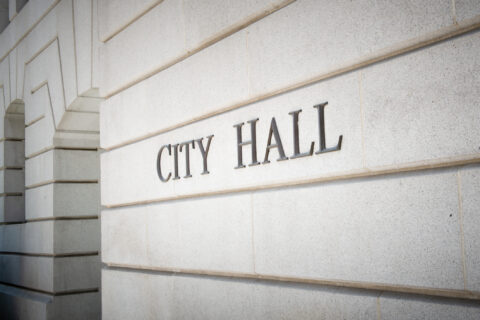Early childhood is the foundation of thriving communities. By investing in early childhood programs, we can help ensure that all families can be active contributors to our local economies and that our youngest residents are set up for success in school and beyond. For better and worse, COVID-19 has shed a light on the critical role that local governments can play in promoting equality and prioritizing the needs of children and families in our communities.
As our communities continue to respond to, recover, and rebuild from the pandemic, early childhood must be a key component of any strategy to help families return to work and for children to stay on track.
Local leaders are investing in early childhood because of the pivotal role it can play in supporting our economic infrastructure and helping relieve some of the impacts from racial inequities that still exist. Prior to COVID-19, a family’s lack of access to reliable early childhood education cost $57 billion annually in lost earnings, productivity, and revenue. Many of our children – disproportionately, our children of color – are starting school behind and the COVID-19 pandemic has the potential to further exacerbate these inequities. The research is clear: high-quality early childhood development programs can deliver an annual return of 13% per child through better outcomes in education, health, social behaviors, and employment in the decades that follow.
As our communities continue to respond to, recover, and rebuild from the pandemic, early childhood must be a key component of any strategy to help families return to work and for children to stay on track. Local government, through policy and leadership, has a key role in creating communities where families are supported to live healthy and prosperous lives and every child has the resources and opportunities to reach their full potential.
Local officials are on the front lines and will be the ones leading our country’s communities on this complex journey. “I have personally seen the benefit of early childhood education in the cognitive and social development of my own daughter,” said Wilford Pinkney Jr., Director of the Mayor’s Office of Children, Youth and Families in the City of St. Louis. “This passing of Prop R in St. Louis ensures we move closer to the goal of a system that makes children like my daughter the rule not the exception.”
Americans across the country made the choice this year to invest in early childhood and said YES to the future of young children and their families. Some of these early childhood wins include:
- St. Louis, Mo. voted to increase the property tax rate for the community children’s services from the current 19 cents per hundred dollars of assessed valuation to 25 cents. This measure will increase early childhood services programming for children aged five years and younger, services which cannot be provided from current funds. The tax would yield approximately $2.3 million dollars annually.
- San Antonio, Texas voted for an 8-year renewal of the sales and use tax at the rate of one-eighth of one percent for the continued financing of authorized programs of the San Antonio Early Childhood Education Pre K 4 SA program.
- Portland, Ore., and its neighboring municipalities in Multnomah County will benefit from the county ballot that passed a levy of an additional 1.5% income tax on individuals earning more than $125,000 and couples making over $200,000 to provide voluntary, tuition-free, high-quality preschool for all children aged 3 or 4 years old.
- Cities, towns, and villages across Colorado will benefit from a state ballot measure that increased taxes on cigarettes and tobacco products and established a new tax on nicotine products. The measure will fund several programs including expanded preschool, including at least ten-hours-per-week of free preschool for every child in their final year before kindergarten.
Americans have voted and Early Childhood Success is our future. How is your community joining the early childhood wave? Share what measures your local government passed in support of young children and their families with NLC at ECTeam@nlc.org.












